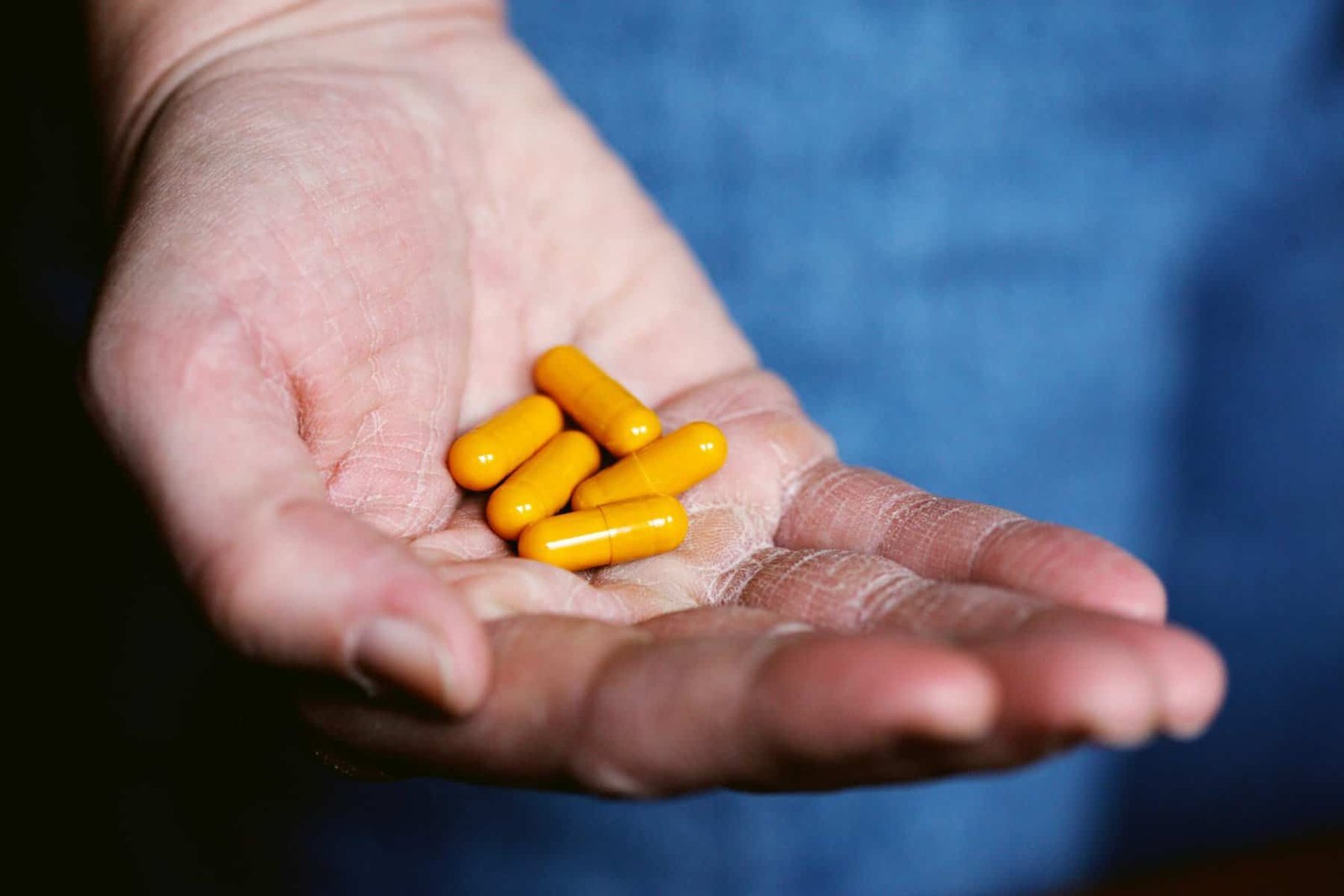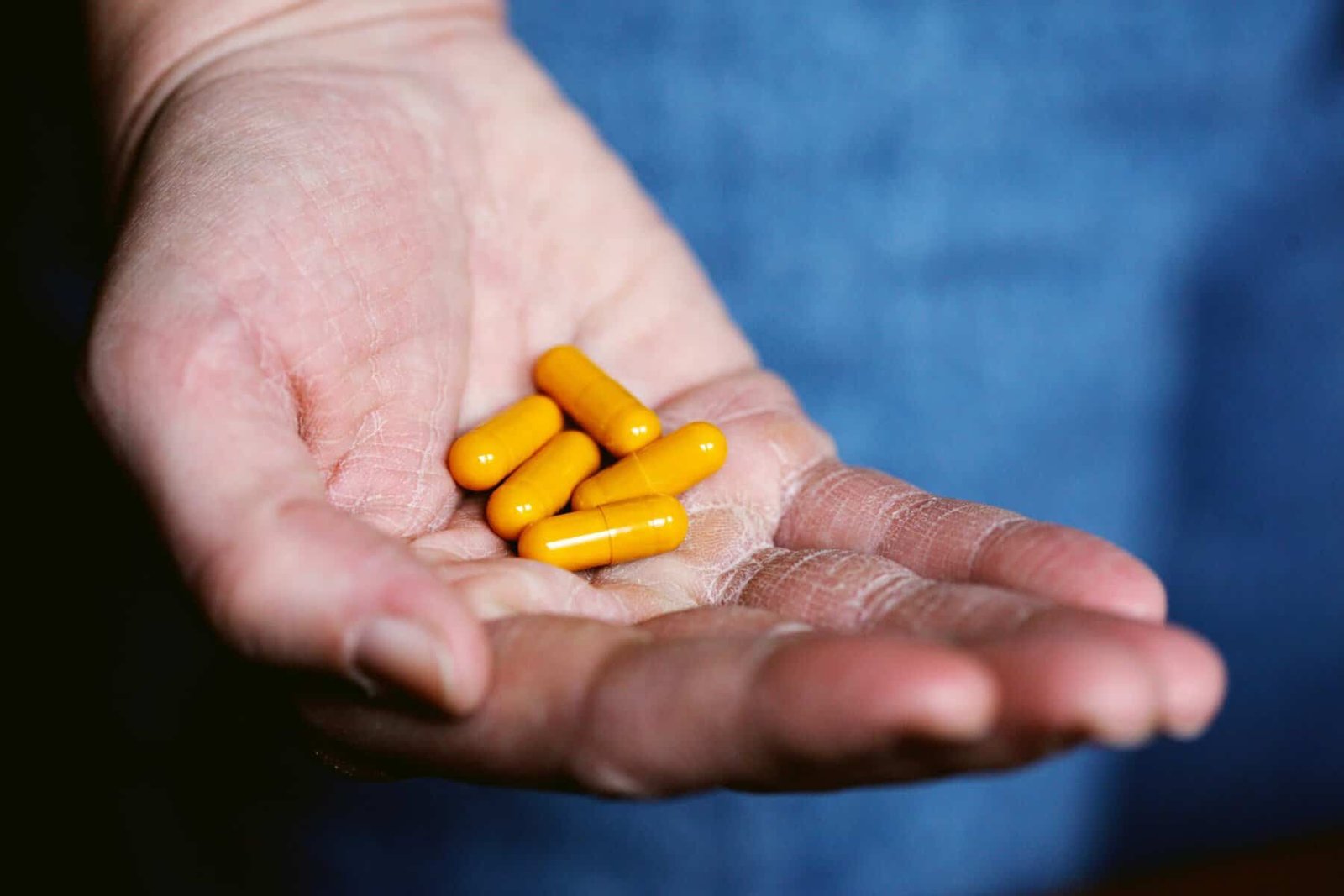Have you ever wondered if there are any contraindications for nopal supplements? Well, you’re in luck because we’re about to explore just that. Nopal, also known as prickly pear cactus, has gained popularity as a natural health supplement. But before you jump on the bandwagon, it’s important to understand any potential risks or interactions that may come with it. In this article, we’ll uncover whether there are any contraindications for nopal supplements, so you can make an informed decision about incorporating it into your daily routine.
Contraindications for Nopal Supplements
Overview of Nopal Supplements
Nopal supplements, derived from the prickly pear cactus, have gained popularity in recent years due to their potential health benefits. This natural supplement is rich in antioxidants, vitamins, minerals, and fiber, making it a popular choice for those seeking to support their overall health and wellness. However, it is important to be aware of the potential contraindications associated with nopal supplements.

Understanding Contraindications
Contraindications refer to specific circumstances in which a particular treatment or substance may be harmful or unsuitable for an individual. In the case of nopal supplements, certain medical conditions and situations may necessitate caution or avoid the use of these supplements altogether. It is crucial to be informed about these contraindications to ensure your safety and well-being.

Contraindications for Specific Medical Conditions
1. Kidney Disorders
Individuals with kidney disorders should exercise caution when considering nopal supplements. While the antioxidants and nutrients found in nopal may provide benefits, the high potassium content in these supplements can be problematic for those with compromised kidney function. Excessive potassium intake could further strain the kidneys and potentially lead to complications.
1.1 Chronic Kidney Disease
If you have been diagnosed with chronic kidney disease, it is essential to consult with your healthcare provider before incorporating nopal supplements into your routine. Your doctor can assess your specific condition and determine if nopal supplements are safe for you. It may be necessary to modify your dosage or explore alternative options to avoid exacerbating your kidney condition.
1.2 Kidney Stones
Individuals who have a history of kidney stones should exercise caution when considering nopal supplements. The high oxalate content in certain varieties of prickly pear cactus may increase the risk of developing new kidney stones or aggravating existing ones. It is advisable to discuss any concerns with your healthcare provider to determine the best course of action.
1.3 Renal Failure
If you are experiencing renal failure, nopal supplements are generally not recommended. The impaired kidney function associated with renal failure can impact the body’s ability to regulate potassium levels. Since nopal supplements are high in potassium, they can further disrupt this delicate balance and pose a risk to individuals with renal failure.
2. Gastrointestinal Conditions
Individuals with gastrointestinal conditions should exercise caution when considering nopal supplements. While nopal has been traditionally used to support digestive health, certain gastrointestinal conditions may be exacerbated by the consumption of these supplements.
2.1 Ulcers
If you have ulcers, particularly gastric or duodenal ulcers, it is advisable to consult with your healthcare provider before taking nopal supplements. The high fiber content in these supplements may increase stomach acid secretion, potentially triggering symptoms and worsening ulcer-related discomfort.
2.2 Irritable Bowel Syndrome
For individuals with irritable bowel syndrome (IBS), nopal supplements may worsen symptoms such as bloating, gas, and abdominal pain. The fiber content in nopal can have a laxative effect and may increase bowel movements, potentially leading to further discomfort and irritation.
2.3 Inflammatory Bowel Disease
If you have inflammatory bowel disease (IBD), including conditions such as Crohn’s disease or ulcerative colitis, it is advisable to speak with your healthcare provider before incorporating nopal supplements into your regimen. The high fiber content and potential laxative effect of nopal may exacerbate symptoms and contribute to bowel inflammation.
3. Diabetes
Individuals with diabetes should exercise caution when considering nopal supplements, particularly those aimed at managing blood sugar levels. While nopal has shown potential in helping regulate blood sugar, individuals with diabetes need to carefully monitor their glucose levels.
3.1 Type 1 Diabetes
If you have type 1 diabetes, it is vital to consult with your healthcare provider before taking nopal supplements. Nopal may interact with your insulin regimen, potentially affecting your blood sugar control. Your doctor can provide guidance on incorporating nopal supplements into your diabetes management plan.
3.2 Type 2 Diabetes
For individuals with type 2 diabetes, cautious use of nopal supplements is recommended. Nopal’s potential to lower blood sugar levels may necessitate adjustments to your current diabetes treatment plan. Regular monitoring of blood glucose levels and close communication with your healthcare provider are essential when considering nopal supplements.
3.3 Hypoglycemia
If you have a history of hypoglycemia or are at risk for low blood sugar, it is important to exercise caution when considering nopal supplements. These supplements may further lower blood sugar levels, potentially leading to hypoglycemic episodes. It is advisable to work closely with your healthcare provider to ensure safe and appropriate use of nopal supplements.
4. Allergic Reactions
Individuals with known allergies to the prickly pear cactus or any related plants should avoid nopal supplements. Allergic reactions, ranging from mild to severe, may occur upon consumption. If you are unsure about your allergies or have concerns, consult with an allergist or healthcare professional to determine if nopal supplements are safe for you.
5. Surgery
If you are scheduled for surgery, it is advisable to discontinue the use of nopal supplements at least two weeks prior to the procedure. Nopal’s potential effects on blood sugar levels and blood clotting may interfere with surgical outcomes and increase the risk of complications. Always inform your surgeon and anesthesia provider about any supplements you are currently taking.
6. Drug Interactions
Nopal supplements may interact with certain medications. If you are taking any prescription medications, over-the-counter drugs, or herbal supplements, it is essential to consult with your healthcare provider or pharmacist before adding nopal supplements to your regimen. They can assess potential interactions and ensure your safety.
7. Pregnancy and Breastfeeding
During pregnancy and breastfeeding, it is recommended to avoid nopal supplements due to limited safety data. The potential effects on fetal development or breastfeeding infants are not yet well-established. It is crucial to prioritize the health and well-being of both the mother and child by consulting with a healthcare provider before taking any supplements during this period.
8. General Precautions
While nopal supplements are generally considered safe for most individuals, it is important to follow recommended dosages and guidelines. Overconsumption of nopal supplements may lead to side effects such as diarrhea, bloating, and abdominal discomfort. As with any supplement, it is advisable to purchase products from reputable sources and consult with healthcare professionals when in doubt.

Conclusion
Nopal supplements offer potential health benefits, but it is important to be aware of the contraindications associated with their use. Various medical conditions, including kidney disorders, gastrointestinal conditions, diabetes, allergies, and pregnancy, require caution or avoidance when considering nopal supplements. Additionally, drug interactions and the proximity to surgery should be taken into account. Prioritize your health and consult with healthcare professionals to make informed decisions about incorporating nopal supplements into your wellness routine.

